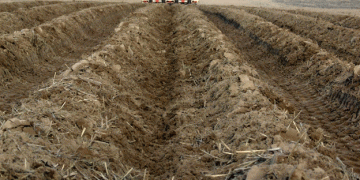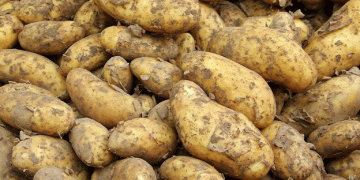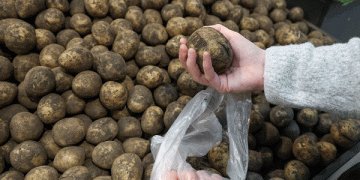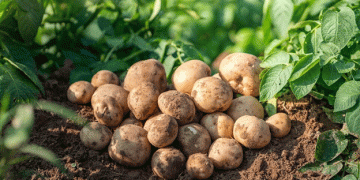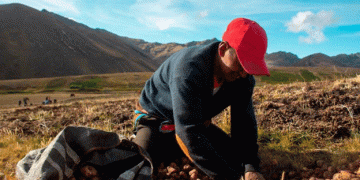#Agriculture #Paraguay #ImportDependency #PriceFluctuations #SustainableFarming #ClimateChange #FoodSecurity #Small-scaleFarming #MinistryofAgriculture #EconomicChallenges
Paraguay finds itself grappling with a significant imbalance in its agricultural supply chain, particularly concerning the production of key staples like potatoes, tomatoes, and onions. With only 5% of the potato demand and a meager 50% coverage of the overall horticultural demand met by local sources, the nation relies heavily on imports, leading to pronounced seasonal price fluctuations.
The recent surge in tomato prices, reaching G. 20,000 per kilo (USD 2.70), has prompted state intervention due to its impact on consumer affordability. However, an in-depth analysis reveals the root causes of this behavior and the stark reality of horticultural production in Paraguay.
According to the “Con la Soja al Cuello 2023” report by Base Investigaciones Sociales, national production only meets 45% of the tomato market demand, followed by onions at 40%, bell peppers at 25%, and potatoes at a mere 3%. Victor Imas, the author of this article, elucidates the factors influencing this trend, backed by import data showcasing a high dependence on foreign products. Potatoes lead the list with a 30% incidence, followed by onions at 29%, and tomatoes at 17%, even as demand is supplemented by smuggling.
Sarah Zevaco, co-researcher and author of “Agroindustria o agricultura campesina: ¿De dónde viene lo que comemos?” emphasizes the influence of corporate control on import decisions, leading to increased smuggling. This not only impacts small-scale producers but also subjects consumers to high prices and compromised quality, as illegal producers evade scrutiny.
To address the recent price surges, Zevaco proposes capping prices to counter speculation fueled by both legal and illegal imports. This necessitates budget allocation within the supply chain, justifying it as an essential food item.
Zevaco advocates for state investment in small farms, focusing on infrastructure like greenhouses and irrigation systems, especially considering the challenges posed by climate change. Additionally, she highlights the need for enhanced technical training for rural workers to improve produce quality.
However, the Ministry of Agriculture and Livestock lacks a specific program for the horticultural sector, despite proposals from the Federación Nacional Campesina in 2019. The reduced budget further diminishes support for family farming, reflecting a concerning lack of consideration for food production and the right to adequate nutrition.
Nurturing Resilience in Paraguay’s Agriculture
Paraguay’s agricultural predicament demands immediate attention and holistic solutions. Balancing import dependency, addressing price fluctuations, and investing in sustainable farming practices are crucial steps. As climate change impacts production, state-led initiatives for small-scale farmers and robust support for the horticultural sector are imperative. Achieving food security requires a concerted effort, acknowledging the pivotal role of agriculture in the nation’s well-being.


